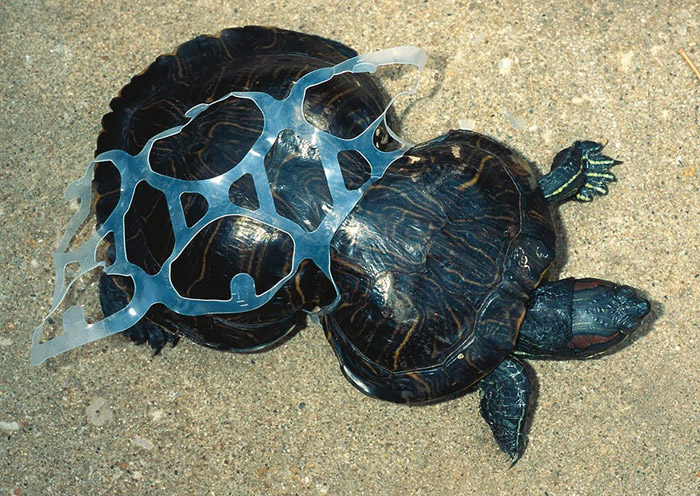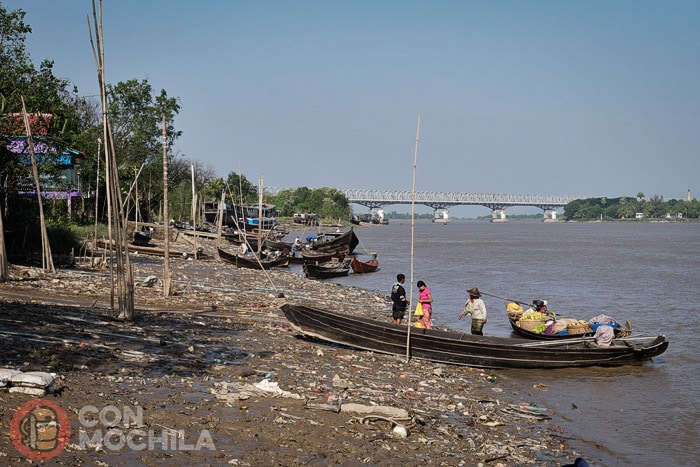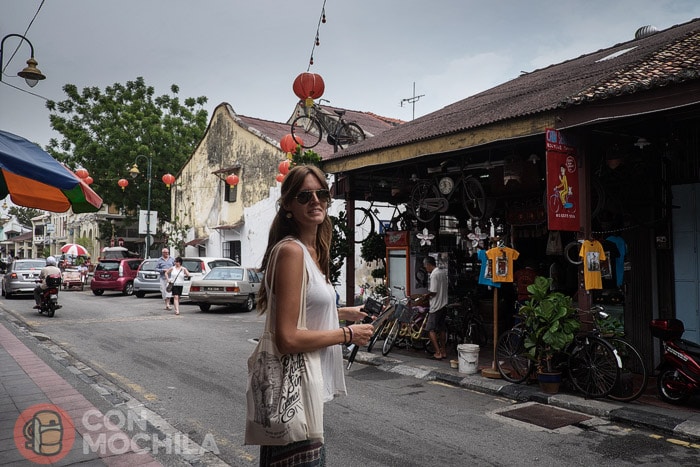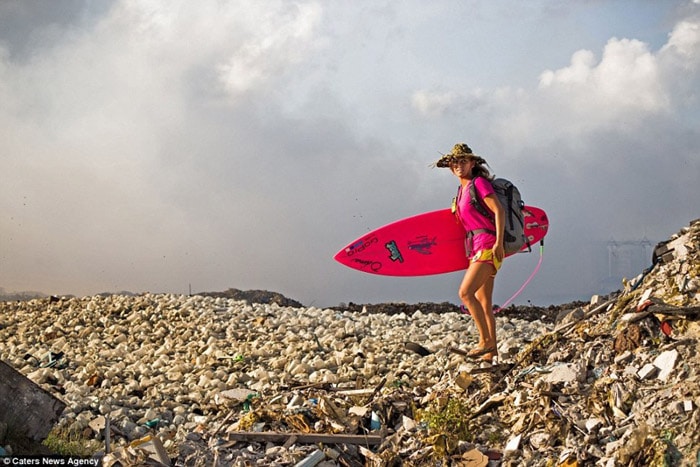Giving a talk about the harmful consequences of the uncontrolled use of plastic and disposable objects for the environment would be underestimating our audience. Environmental education in our country has become widespread; those who did not receive it at school have likely learned about it through campaigns, television, or social media.
We all know that plastic takes centuries to decompose, that this material and many others almost always end up in the ocean, and that animals, marine ecosystems, and beaches are the first to suffer, part of a long, grim list of those impacted.
Recycling is now a part of daily life, and it is common to have multiple bins at home to separate materials. Failing to do so, given the resources available to us, is no longer a matter of ignorance but one of laziness.
However, this is not the case in every country. In some parts of the world, recycling and waste management are secondary concerns, seen as less urgent priorities. Many regions struggle with limited access to education, and their governments make little effort to promote environmental awareness among their citizens.
As a result, recycling becomes more challenging when traveling. Sometimes, without even realizing it, we contribute to the problem and make it worse.

I must admit that I was not fully aware of the amount of waste a traveler or tourist can generate until I embarked on my first long trip. After several days staying in the same room, I noticed how paper, plastic, and glass were all thrown into the same trash bin.
Not being able to recycle was something that tormented me and, far too often, what I observed around me saddened me deeply. Countries capable of astonishing me with the breathtaking beauty of their landscapes also shocked me with the dirt and stench in many other places.
I felt like crying when I saw beaches covered in takeout food containers, when I saw passengers on Indian trains throwing trash out of the windows, or when I saw cows chewing and swallowing plastic bags.
I nearly had a heart attack when I witnessed street food vendors in Thailand serving soup in a plastic bag with a straw for drinking it. They would then serve rice in a polystyrene container with disposable plastic utensils, all of which would go into yet another plastic bag (or sometimes two, just in case one tore).
And in 7Eleven—the unrivaled king of plastic bags—I almost fainted when I saw someone buy a PREPACKAGED BANANA only to put it into yet another bag.

Above all, I felt deeply helpless thinking that, as a traveler in those countries, I was contributing to the pollution and could do nothing to stop it. But that wasn’t entirely true.
While recycling isn’t always feasible when traveling—whether because we don’t know where to find recycling bins or because hotel rooms provide only one trash bin. If we want to reduce the impact even while we are traveling, we can still focus on the other two Rs: reduce and reuse, which are actually more critical and should be our primary focus.
Do you remember the rule of the three Rs?

Although it’s not always possible, we often have options while buying. Why not choose items with less packaging or those in biodegradable or reusable materials? And what about the throwaway culture? Isn’t it better to buy things that can be used more than once? Our wallet will also thank us.
In countries where street food is incredibly affordable, why opt for takeaway meals that come with excessive packaging? Some travelers even prefer to bring their own reusable cutlery in their backpacks, which is handy for picnics or camping.
When it comes to water, I understand that avoiding plastic bottles can be challenging, though not impossible. We’ve met travelers who used UV-based purifiers, and in many places, there are drinking water dispensers where you can refill your stainless-steel bottle. For soft drinks and beer, it’s better to buy them in glass bottles, which are often returnable and reusable.
In certain places, such as Koh Lipe (Thailand), there are day trips organized to collect trash from nearby islands. As a thank-you for your time and effort, participants are invited to a meal.
While this might not be what you envisioned doing when traveling to the other side of the world, becoming a “Trash Hero” for a morning is incredibly rewarding. It’s also a wonderful opportunity to meet people. You can check out examples in the following video. Look for similar activities near your holiday destination—sometimes even the accommodation hosts organize cleanup outings.
At first, it may seem like a lot to think about. Initially, I found it complicated and tedious, but changing habits is simply a matter of time. Although it’s challenging at the beginning, these changes eventually become second nature, something we do without even thinking.
It’s all about getting started, and here’s a simple tip to help you begin: put a cloth bag in your backpack for when you go shopping.
By making this small adjustment, you’ll take a huge step toward reducing waste, potentially saving dozens of plastic bags. A cloth bag takes up almost no space in your backpack, comes in a variety of shapes and colors, and can even be personalized or represent an association or NGO you support.
On some trips, we used the cloth bag we kept in our backpacks, but you can also use the small daypack you carry for shopping.

As you can see, there are countless ways to minimize the environmental impact of your travels. Our friends at Viajeros Reverdes have written an article (in Spanish) I really enjoy that offers additional tips on this topic. And we’re sure you’ll come up with even more ideas! Remember, we’re always eager to hear your suggestions in the comments 😉
It may not be within our power to educate others directly, but I firmly believe that our actions can have a meaningful impact. When we change our habits, they can inspire other travelers or locals who observe us, sometimes even admiring us simply because we come from a different part of the world.
We may not be able to arrive at a destination and dictate what is right or wrong, but we can do small things. We can pick up a glass being pushed ashore by the waves, grab an empty biscuit packet we find on a trail, or politely refuse a plastic bag at the store because we already have a reusable one.

Perhaps someone who sees us will wonder why we’re doing it and decide to follow suit. Who knows? What’s clear is that we must start taking serious care of our planet, because, my friends, we are destroying it.